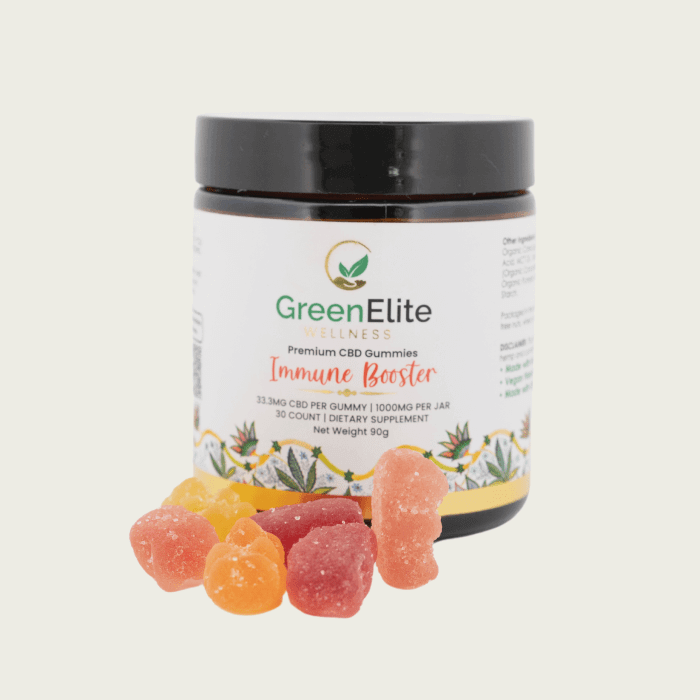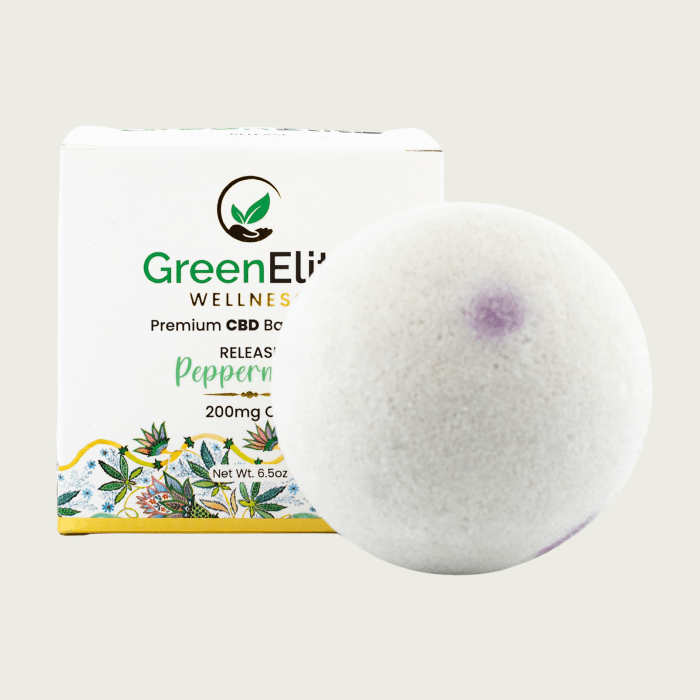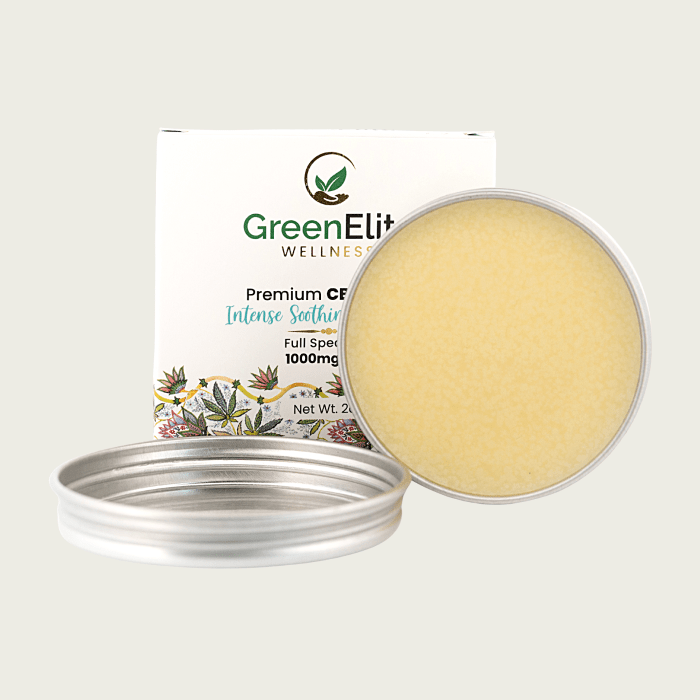Anti-Inflammatory Diet: Key to Optimal Health and Wellness

Understanding Inflammation and its Impact on Health
What is inflammation?
Inflammation is the body’s response to infection, injury, or irritation. It is a crucial part of the immune system’s defense mechanism, as it helps remove harmful stimuli and initiate healing. Inflammation can manifest as redness, swelling, pain, and heat in the affected area. Acute inflammation is a temporary but necessary response to threats, while chronic inflammation can be harmful and contribute to various health problems such as heart disease, diabetes, and autoimmune disorders. Proper management of inflammation is essential for maintaining overall health and well-being.
How an anti-inflammatory diet can help
An anti-inflammatory diet can be a game changer for improving overall health and well-being. Eating nutrient-dense foods that help reduce inflammation can have several benefits, such as improved digestion, increased energy levels, and a reduced risk of chronic diseases. Making a few simple changes to your diet can significantly impact how you look and feel, making it worth considering adopting an anti-inflammatory approach to eating.
Building an Anti-Inflammatory Diet
Foods to include in your diet
1. Leafy greens: Spinach, kale, and Swiss chard are rich in essential vitamins and minerals, including vitamin K, A, and folate. These nutrients help promote bone health, eye health, and overall immune function, making leafy greens a valuable addition to any diet.
2. Berries: Strawberries, blueberries, and raspberries are not only delicious but also rich in antioxidants, such as anthocyanins and vitamin C. These antioxidants help reduce the risk of chronic diseases and protect cells from damage caused by free radicals.
3. Fatty fish: Salmon, mackerel, and sardines are all rich in omega-3 fatty acids, including EPA and DHA. These fatty acids are known for supporting heart health, reducing inflammation, and contributing to brain function.
4. Nuts and seeds: Almonds, walnuts, chia seeds, and flaxseeds are packed with healthy fats, fiber, and various vitamins and minerals. When consumed as part of a well-rounded diet, they can help increase the feeling of fullness, assist in digestion, and promote overall heart health.
5. Whole grains: Quinoa, brown rice, and oats are rich in fiber, complex carbohydrates, and essential nutrients like B vitamins, iron, and magnesium. These nutrients provide sustained energy, support digestive health, and help regulate blood sugar levels.
6. Lean protein: Chicken, turkey, tofu, and beans are essential for repairing and building muscle tissue. They also provide many important nutrients, such as iron, zinc, and B vitamins, contributing to overall health and well-being.
7. Greek yogurt or kefir: Fermented dairy products, which contain probiotics, support a healthy gut microbiome. Additionally, they are rich in calcium and protein, contributing to bone health and overall nutritional intake.
8. Avocados: A unique fruit that provides fiber, healthy monounsaturated fats, and various vitamins and minerals, including potassium and vitamin E. It is beneficial for heart health, weight management, and overall well-being.
9. Olive oil: Extra virgin olive oil provides monounsaturated fats and antioxidants. These healthy fats can lower the risk of heart disease and promote overall health. Incorporating olive oil into cooking and salads is a great way to enhance the nutritional value of meals.
10. Colorful vegetables: These ensure a varied intake of nutrients. Different colored vegetables offer different phytonutrients, vitamins, and minerals. By eating vegetables of various colors, you can maximize your nutrient intake and promote overall health.
Foods to avoid or limit
1. Processed foods high in added sugars and unhealthy fats: These include pre-packaged snacks, sugary cereals, and desserts, which can contribute to high cholesterol and other health issues.
2. Fried foods high in trans fats: Foods like french fries, fried chicken, and doughnuts contain trans fats, which increase the risk of heart disease and raise harmful cholesterol levels.
3. Sugary beverages like soda and energy drinks: These drinks are loaded with added sugars and provide little to no nutritional value, contributing to weight gain and an increased risk of type 2 diabetes.
4. Processed meats like bacon, hot dogs, and deli meats: These meats often contain high sodium and unhealthy additives, and regular consumption has been linked to an increased risk of heart disease and certain types of cancer.
5. Artificial sweeteners and sugar substitutes: While they may seem healthier, some studies suggest that artificial sweeteners could negatively affect metabolism and gut health.
6. White bread and other refined grains: These products have been stripped of nutrients and fiber, leading to a rapid spike in blood sugar levels and potential weight gain.
7. Fast food high in sodium and unhealthy fats: Fast food is often high in sodium, unhealthy fats, and calories, contributing to obesity, high blood pressure, and other health issues.
8. Alcohol in excess: Excessive alcohol consumption can lead to liver damage, weight gain, and an increased risk of certain cancers.
9. High-sodium foods like canned soups and frozen meals: These convenience foods are often packed with sodium, which can lead to high blood pressure and an increased risk of heart disease.
10. Foods high in artificial additives and preservatives: Consuming foods with a high amount of artificial additives and preservatives has been associated with various health concerns, including allergies and even behavioral issues in some individuals.Exploring the Benefits of CBD for Inflammation
Research on CBD and inflammation
CBD, or cannabidiol, has gained attention recently for its potential anti-inflammatory properties. Research has demonstrated that CBD can help decrease inflammation by interacting with the body’s endocannabinoid system – crucial in regulating immune responses. CBD has been shown to stimulate the release of anti-inflammatory agents, reducing inflammation and associated symptoms.
Additionally, CBD effectively reduces inflammation in various conditions, including arthritis, inflammatory bowel disease, and neuroinflammatory disorders. Overall, research suggests that CBD may be a promising natural remedy for managing inflammation and its associated health issues.
Incorporating CBD into your anti-inflammatory routine
Many people incorporate CBD into their anti-inflammatory routines to help manage pain, reduce inflammation, and improve overall well-being. By incorporating CBD products such as oils, topicals, or softgels into your daily routine, you may experience relief from inflammation and a natural alternative to traditional pain management methods.
Lifestyle Factors to Support an Anti-Inflammatory Lifestyle
To support an anti-inflammatory lifestyle, it’s important to consider various lifestyle factors besides a balanced diet. These include engaging in regular physical activity, managing stress effectively, and getting adequate sleep. Incorporating these lifestyle factors into daily routines can help promote overall well-being and reduce inflammation in the body.
Importance of Exercise
Regular exercise is important for sustaining good health and overall well-being. Physical activity not only helps to keep the body in shape but also plays a vital role in reducing the risk of various health conditions such as heart disease and diabetes. Furthermore, exercise is beneficial for mental health, as it can help alleviate stress and improve mood. Making time for regular exercise is important for everyone, regardless of age or fitness level.
Stress Management Techniques
Stress management techniques are essential for maintaining a balanced and healthy lifestyle. Practicing mindfulness or meditation is an effective method for managing stress. Additionally, maintaining a well-balanced diet and taking time for hobbies and relaxation can contribute to lowering stress levels. It’s essential to find the right combination of techniques that work best for individual needs and to make time for these practices in daily life.
Quality Sleep for Reduced Inflammation
Quality sleep is essential for maintaining overall well-being and reducing inflammation. Research has shown that inadequate or poor-quality sleep can lead to increased inflammation associated with various health issues. By prioritizing and consistently getting a good night’s sleep, individuals can support their body’s natural healing processes and help reduce inflammation, promoting better overall health and well-being.
Long-Term Strategies for Maintaining Optimal Health and Wellness
Creating Sustainable Habits
Creating sustainable habits involves making small changes in our daily routine that will have a long-lasting impact on our environment and overall well-being. This includes ensuring that your refrigerator and pantry are packed with anti-inflammatory foods and CBD so you’re always prepared to tackle inflammation head-on!
Adjusting CBD Use and Anti-Inflammatory Diet as Needed
By paying close attention to your body’s responses, you can make necessary adjustments to your CBD regimen and dietary choices, creating a supportive and personalized healthcare routine. This proactive approach empowers you to take an active role in your health management, seeking balance and relief through thoughtful adjustments as needed.
 Join our Wellness JourneySign up for our newsletter and get wellness tips, recipes, and discounts directly to your inbox. |
What Our Customer Say

“The neutral flavor was not bad. Not too strong, and the potency seems on point.”
~ Kay M
Premium CBD Oil: 900mg
 Premium Organic Full Spectrum CBD Oil: Pomegranate 900mg  Immune Booster CBD Gummies: 1000mg  200mg Pure CBD Bath Bomb : Peppermint  CBD Salve: 1000mg |
